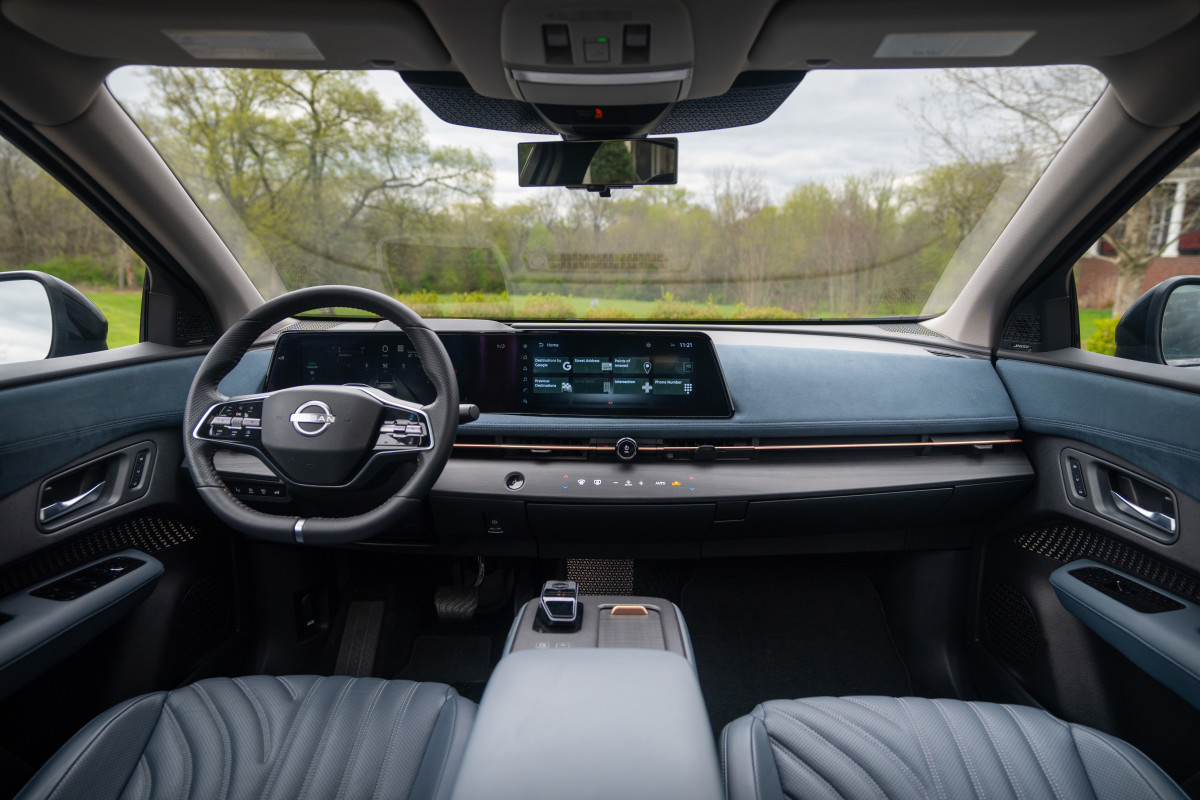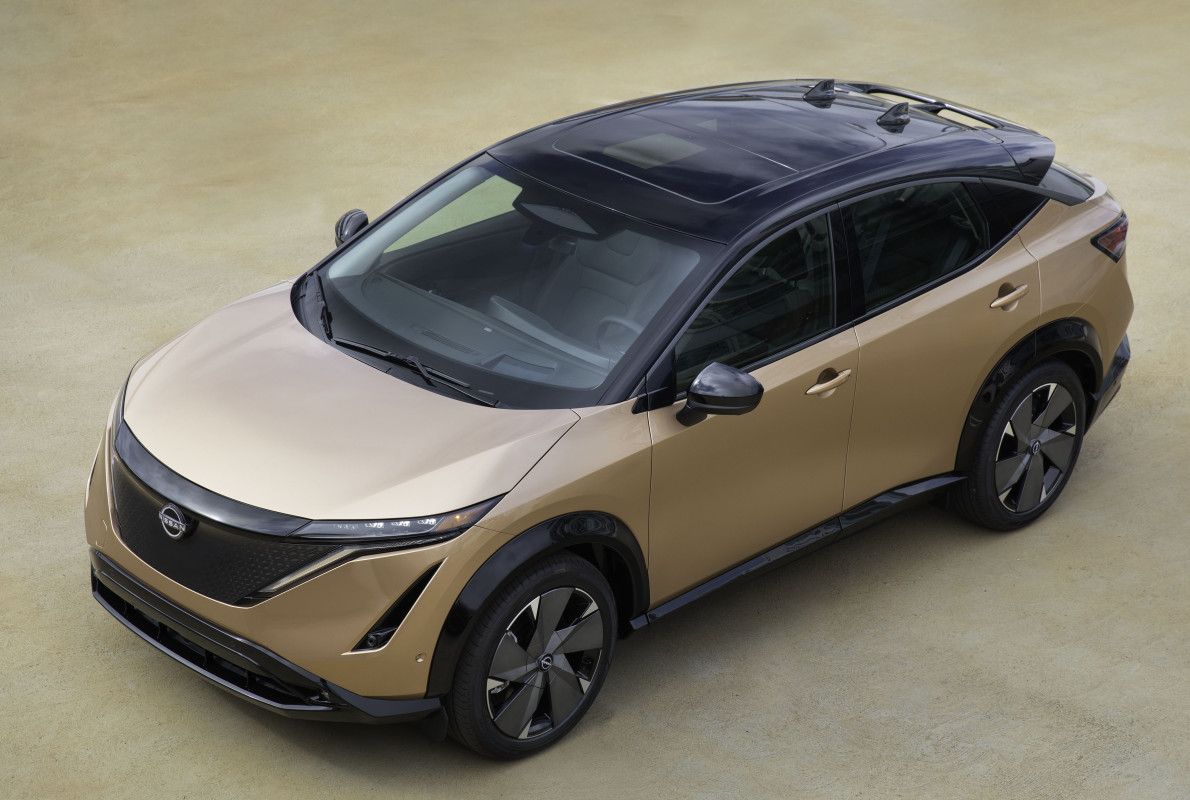Evolving with the Times: Nissan’s Strategic Use of a Ford Plant

Hey, remember when our biggest worry about cars was whether they’d get us to the next town and back? These days, it seems like automakers have a whole new set of challenges, thanks to things like tariffs and global supply chain disruptions. In the latest development, Nissan is turning to Ford’s old stomping grounds for a bit of help in the electric vehicle (EV) game.
According to a report by The Wall Street Journal, a now-defunct Ford plant in Kentucky is getting a second life thanks to Nissan. This facility is set to produce batteries for Nissan’s fully electric vehicles like the Ariya and Leaf. In a world where many manufacturers once leaned heavily on production abroad, taking a more local approach seems both financially savvy and essential to avoid tariffs down the line.
The Ford Connection

Back in 2021, Ford poured about $7 billion into building two new facilities in Kentucky, hoping to boost their production and electrification game. They teamed up with SK On, a Korean battery maker, to hit the ground running with EVs and power storage. However, as it turned out, demand didn’t rise quite as expected. So, here sits one of those factories, empty and undeveloped.
Enter Nissan. The opportunity to manufacture EV batteries locally aligns perfectly with their strategic needs. By stepping into this facility, Nissan can sidestep the added costs of tariffs on imported EV batteries, which could make or break sales in the tight EV market.
Nissan has also felt a few bruises from financial losses, reporting a $4.5 billion loss earlier this year. To counteract this, it put plans for a Japan-based battery factory on ice. Teaming up with SK On stateside seems like a logical move, especially since the two companies are already acquainted through another project at Nissan’s Canton, Mississippi plant.
What’s in It for Ford?
No doubt, letting Nissan use the idle Kentucky plant is a smart move for Ford as well. It either earns some dough back through a lease agreement or helps them avoid potential penalties stemming from their agreement with SK On.
Of course, this isn’t just about logistical acrobatics. There’s more at stake. Nissan is aiming to become a serious player in the U.S. market and capitalizing on this moment where some automakers are cautiously waiting to invest fully in electrification. This step could be Nissan’s ticket to grabbing more of the EV spotlight, particularly at a time when competitors might be taking their foot off the gas, so to speak.
The Road Ahead
Nissan finds itself at a crossroads. With past partnerships falling apart and demand for EVs not quite matching the hype, aligning with SK On for domestic battery production could be a prudent path forward. But only time will tell if this venture translates into more sales and stronger footing in the competitive U.S. market. In a complex auto landscape, it’s all about navigating the twists and turns with precision.
Nissan GT-R Evolution
Xiaomi YU7 Arrives
Cadillac XT4 China Buzz
Range Rover Drop-Top
Vantage Artistry